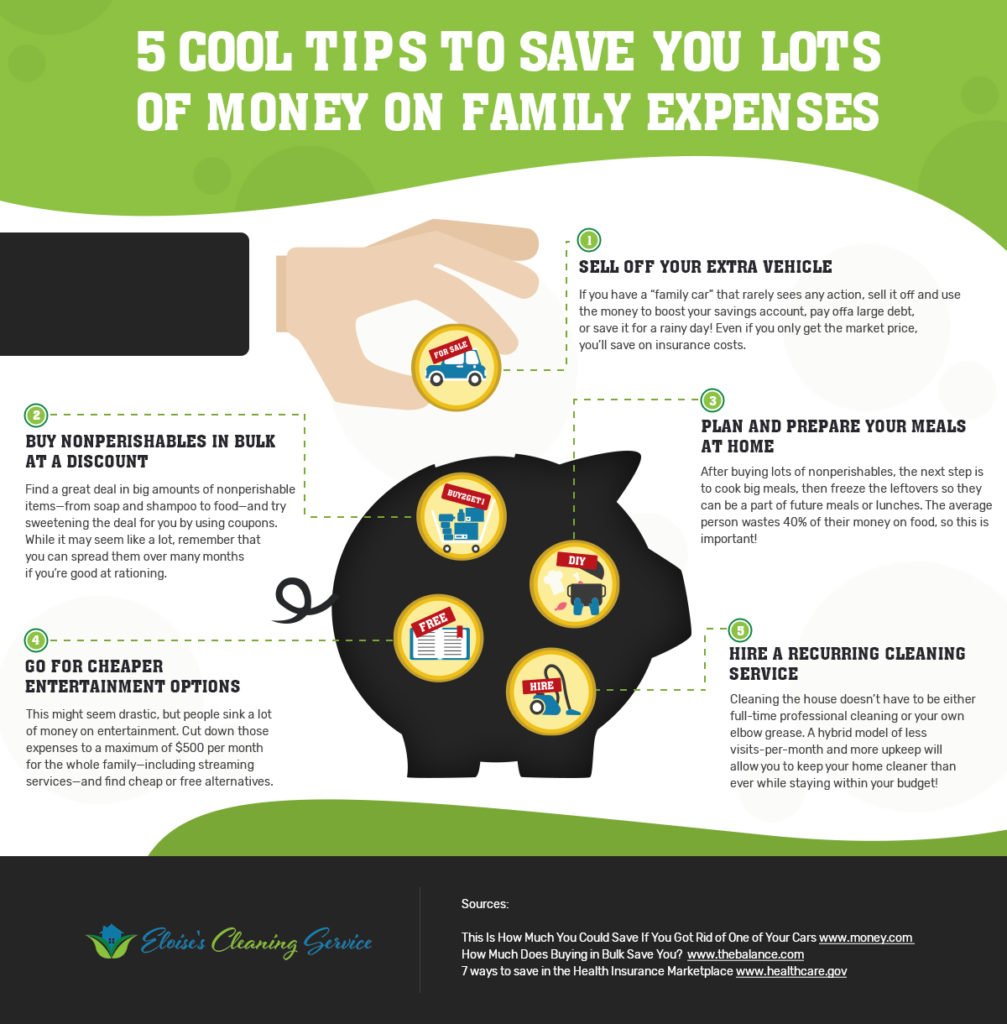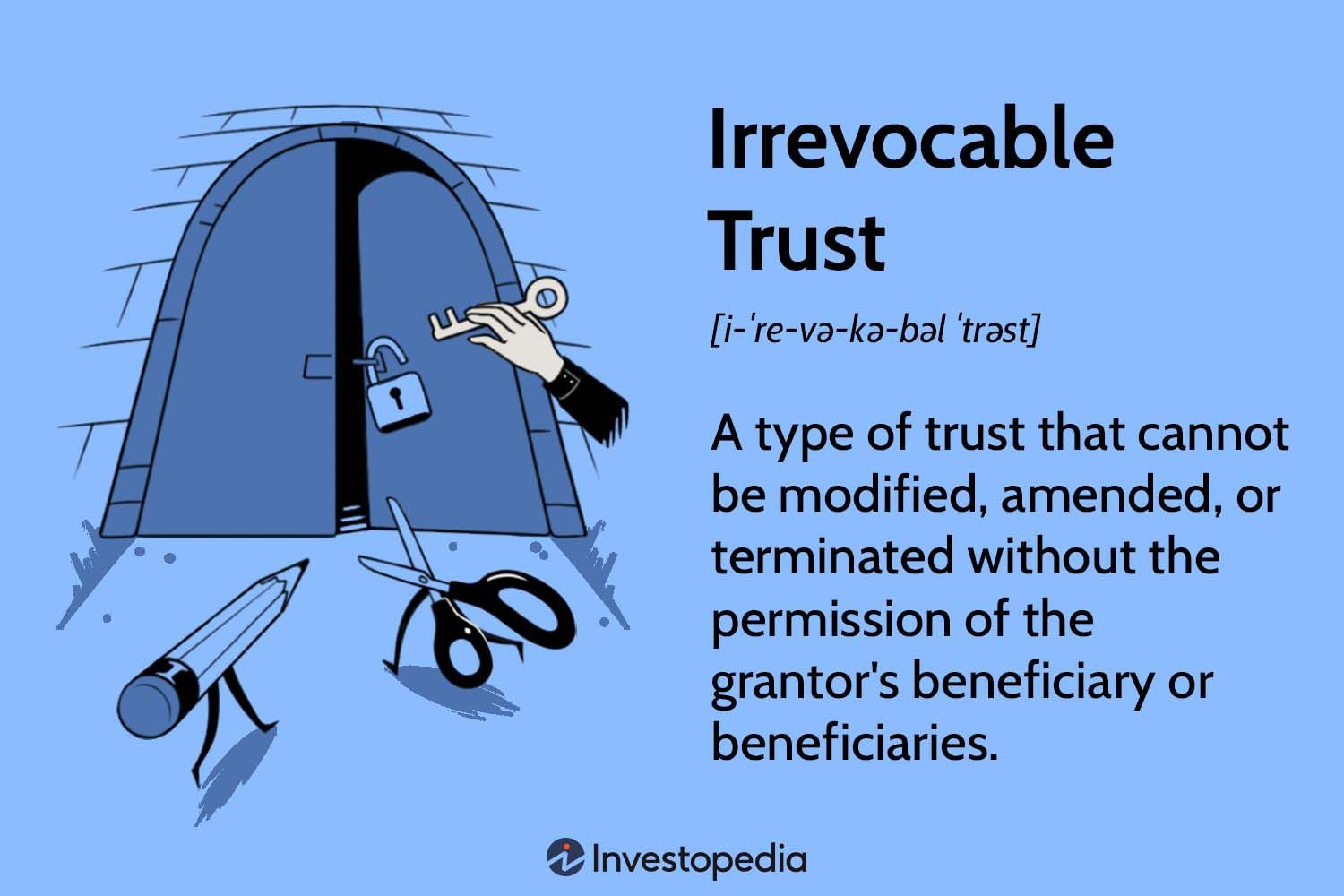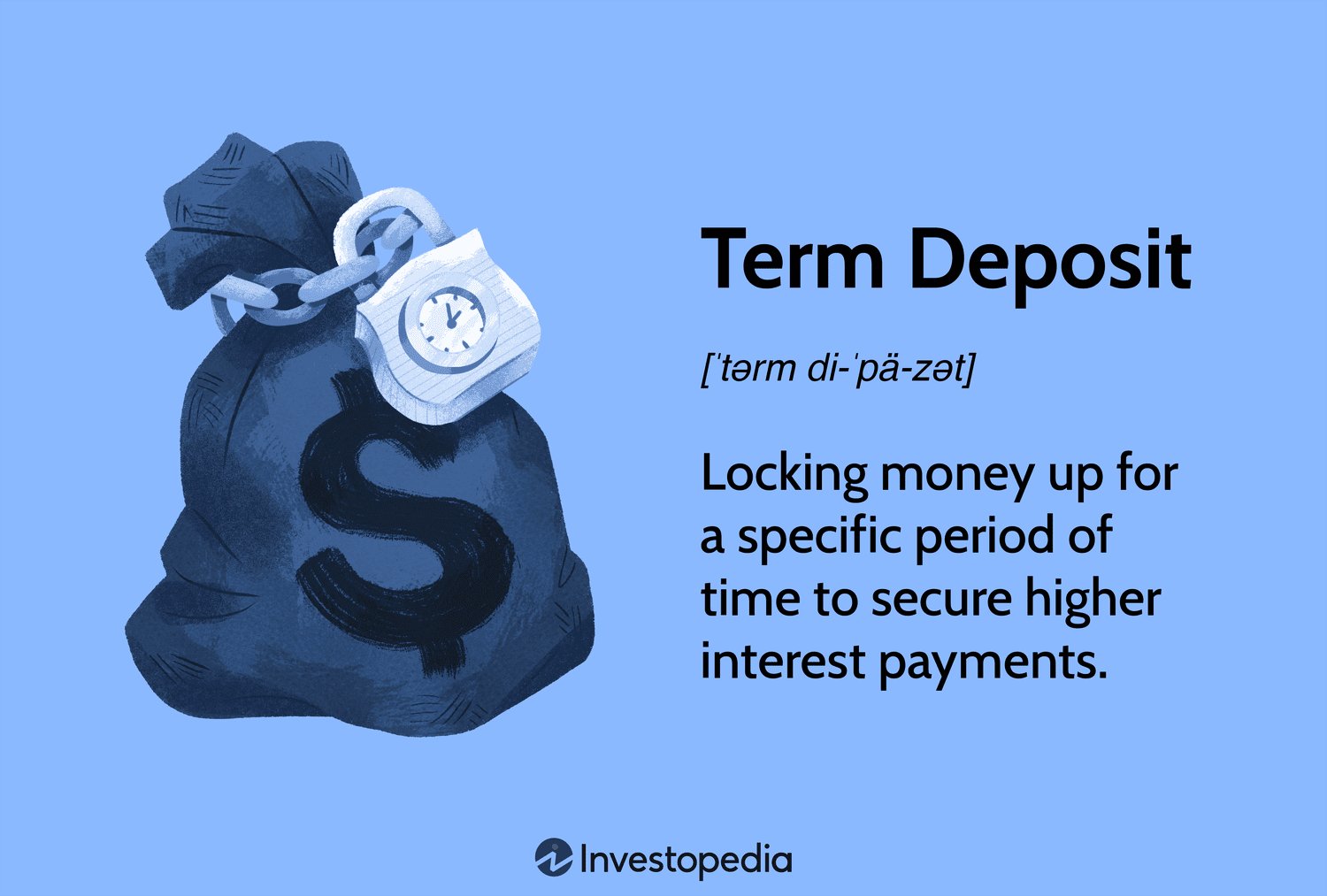Looking for effective strategies for saving on household expenses? We’ve got you covered! In this article, we will provide you with practical tips and tricks to help you cut costs and save money within your home. From reducing energy consumption to smart shopping techniques, we will explore a variety of strategies that are easy to implement and can have a significant impact on your monthly budget. So, if you’re ready to take charge of your finances and find ways to save, keep reading!
Strategies for Saving on Household Expenses
Create a Budget
One of the most important strategies for saving on household expenses is to create a budget. This will help you track your income and expenses, and identify areas where you can cut back. Here are some steps to follow when creating a budget:
- Set financial goals: Determine what you want to achieve with your budget. It could be saving for a vacation, paying off debt, or building an emergency fund.
- Track your income: Calculate your total monthly income from all sources.
- Calculate your expenses: Make a list of all your monthly expenses, including fixed expenses like rent or mortgage payments, utilities, and insurance, as well as variable expenses like groceries, entertainment, and transportation.
- Identify areas to cut back: Analyze your expenses and identify areas where you can reduce costs. For example, you could cut back on eating out, cancel unused subscriptions, or negotiate lower interest rates on credit cards.
- Allocate funds: Set aside a certain amount of money for each expense category based on your priorities. Make sure to allocate some funds for savings and emergencies.
- Monitor and adjust: Regularly review your budget to track your progress, make adjustments as needed, and stay on track towards your financial goals.
Reduce Energy Consumption
Energy costs can make up a significant portion of your household expenses. By reducing energy consumption, you can save money while also contributing to a more sustainable environment. Here are some strategies to help you reduce your energy bills:
- Invest in energy-efficient appliances: Replace old, inefficient appliances with energy-efficient models. Look for products with the ENERGY STAR label, as they meet strict efficiency guidelines.
- Adjust your thermostat: Lowering your thermostat by a few degrees in the winter and raising it in the summer can lead to substantial savings on heating and cooling costs.
- Improve insulation: Proper insulation can help maintain a comfortable temperature in your home, reducing the need for excessive heating or cooling. Seal air leaks around windows and doors and consider adding insulation to your walls and attic.
- Use natural lighting: Take advantage of natural light during the day by opening curtains or blinds. This can reduce the need for artificial lighting and save on electricity.
- Unplug unused electronics: Many devices continue to use energy even when they are turned off. Unplug electronics and chargers when they are not in use to avoid unnecessary electricity consumption.
- Change to LED light bulbs: LED bulbs use significantly less energy than traditional incandescent bulbs and last much longer. Replace your old bulbs with energy-efficient LEDs to save on electricity costs.
- Use energy-saving settings: Adjust the settings on your appliances, such as washing machines and dishwashers, to energy-saving modes. This can help reduce water and energy consumption.
Shop Smart and Save
Saving money on groceries and other household essentials can make a significant difference in your budget. Here are some strategies to help you shop smart and save:
- Create a shopping list: Before heading to the store, make a list of the items you need. Stick to the list to avoid impulse purchases.
- Compare prices: Take the time to compare prices at different stores or online. Look for sales, discounts, and coupons to get the best deals.
- Buy in bulk: For non-perishable items that you frequently use, consider buying in bulk. This can often save you money in the long run.
- Avoid convenience foods: Pre-packaged convenience foods can be expensive. Instead, opt for fresh ingredients and cook meals from scratch.
- Plan your meals: Meal planning can help you avoid unnecessary trips to the store and reduce food waste. Plan your meals for the week and only buy the ingredients you need.
- Grow your own produce: If you have the space and the time, consider starting a small vegetable garden. Growing your own produce can be cost-effective and rewarding.
- Use loyalty programs: Sign up for loyalty programs at your favorite stores. These programs often offer discounts, rewards, and exclusive promotions.
Reduce Transportation Costs
Transportation expenses, including fuel, maintenance, and insurance, can put a strain on your budget. Here are some strategies to help you reduce transportation costs:
- Use public transportation: Consider using public transportation instead of driving. It can be more cost-effective, especially for daily commuting.
- Carpool or share rides: If possible, carpool with friends, neighbors, or colleagues to share the cost of commuting. Alternatively, consider using ride-sharing services or apps to split costs.
- Maintain your vehicle: Regular maintenance can help improve fuel efficiency and prevent costly repairs. Keep up with oil changes, tire rotations, and other necessary maintenance tasks.
- Drive efficiently: Avoid aggressive driving habits, such as rapid acceleration and excessive idling. These behaviors can lead to higher fuel consumption.
- Consider downsizing: If you have multiple vehicles or a large vehicle that is not necessary, consider downsizing to a smaller and more fuel-efficient car.
- Combine errands: Plan your errands in a way that minimizes driving distances. Combining multiple errands into one trip can help save on fuel and time.
- Compare insurance rates: Shop around for auto insurance and compare rates from different providers. You may be able to find better deals that can save you money.
Evaluate Housing Expenses
Housing expenses, including rent or mortgage payments, can be a significant portion of your budget. Here are some strategies to help you save on housing expenses:
- Downsize or relocate: If you’re struggling to afford your current housing situation, consider downsizing to a smaller home or relocating to a more affordable area.
- Renegotiate your rent: If you’re a renter, try negotiating a lower rent with your landlord. They may be open to reducing the rent, especially if you’ve been a reliable tenant.
- Refinance your mortgage: If you own a home, consider refinancing your mortgage to take advantage of lower interest rates. This can lower your monthly payments and save you money in the long run.
- Share housing expenses: If you have extra space in your home, consider renting out a room or finding a roommate to help share the cost of housing.
- Save on utilities: Find ways to reduce your utility bills, such as turning off lights when not in use, using energy-efficient appliances, and insulating your home properly.
- Consider home improvements: Investing in energy-efficient upgrades like insulation, solar panels, or energy-saving appliances can help lower your utility bills over time.
- Appeal your property taxes: If you believe your property taxes are too high, you may be able to appeal the assessment. Consult with a tax professional or research the process in your area.
By implementing these strategies for saving on household expenses, you can take control of your finances and free up money for other priorities. Remember, every little bit adds up, so even small changes can make a significant difference over time.
The 50/30/20 Rule of Budgeting | Budget Tips
Frequently Asked Questions
Frequently Asked Questions (FAQs)
1. How can I save money on my household expenses?
There are several strategies you can implement to save money on household expenses. Some of the most effective methods include reducing energy consumption by using energy-efficient appliances, insulating your home, and using programmable thermostats. You can also cut down on water bills by fixing any leaks and investing in water-saving fixtures. Additionally, shopping smarter, meal planning, and avoiding impulse purchases can help you save on groceries.
2. Are there any tips for reducing utility bills?
Yes, there are several ways to reduce utility bills. Start by adjusting your thermostat to energy-efficient temperatures and using natural ventilation whenever possible. Using LED bulbs and turning off lights and electronics when not in use can also save on electricity. To reduce water bills, consider installing low-flow showerheads and faucets, as well as fixing any leaks promptly. Finally, insulating your home properly can significantly cut down on heating and cooling costs.
3. What are some effective strategies for saving on grocery expenses?
One effective strategy for saving on grocery expenses is to plan your meals in advance. This allows you to create a shopping list based on what you actually need and avoid impulse purchases. You can also save money by buying generic or store-brand items, using coupons, shopping during sales, and buying in bulk for non-perishable items. Another useful tip is to avoid shopping when hungry, as it can lead to unnecessary purchases.
4. How can I reduce my transportation expenses?
To reduce transportation expenses, consider carpooling or using public transportation whenever possible. Walking or cycling for shorter trips can also save money on fuel. Maintaining your vehicle regularly, such as keeping the tires properly inflated and getting regular oil changes, can improve fuel efficiency. Additionally, planning and combining errands into one trip can help reduce the overall mileage and save on gas.
5. What are some effective ways to save on entertainment expenses?
One way to save on entertainment expenses is to take advantage of free or low-cost activities available in your community, such as local parks, libraries, or cultural events. Another option is to subscribe to streaming services instead of paying for cable or satellite television. Additionally, consider borrowing books, movies, or games from friends or utilizing your local library. Planning social activities that don’t rely on costly outings can also help save money.
6. How can I save money on home maintenance and repairs?
To save money on home maintenance and repairs, it’s important to regularly inspect your home for any issues and address them promptly. Performing simple tasks like cleaning gutters, replacing air filters, and maintaining proper ventilation can prevent costly repairs. Learning basic DIY skills can also save money by allowing you to tackle small repairs yourself. Additionally, comparing prices and getting multiple quotes for larger projects can help you find the best deal.
7. Are there any tips for reducing personal care expenses?
Yes, there are several ways to reduce personal care expenses. For example, consider buying generic or store-brand personal care products instead of expensive name brands. Look for sales and discounts when purchasing items like shampoo, soap, and toothpaste. Additionally, explore DIY options for certain products, such as homemade face masks or hair treatments. Finally, consider cutting back on non-essential personal care services and opt for simpler routines that save on time and money.
8. How can I save on insurance premiums?
To save on insurance premiums, it’s important to shop around and compare rates from different providers. Bundling multiple insurance policies, such as home and auto insurance, with the same company can often result in lower premiums. Maintaining a good credit score and a clean driving record can also help lower insurance costs. Additionally, consider increasing deductibles, as this can lead to lower monthly premiums.
Final Thoughts
When it comes to managing household expenses, implementing effective strategies for saving is crucial. By following these strategies, you can significantly reduce your expenses and free up more money for other priorities. Start by creating a budget that outlines your monthly income and expenses, allowing you to identify areas where you can cut back. Next, focus on reducing your utility bills by making small changes like turning off lights when not in use or adjusting your thermostat. Additionally, consider shopping smart by comparing prices and using coupons or discounts. Lastly, avoid unnecessary purchases and prioritize saving for the future. By implementing these strategies for saving on household expenses, you can take control of your finances and achieve your financial goals.



